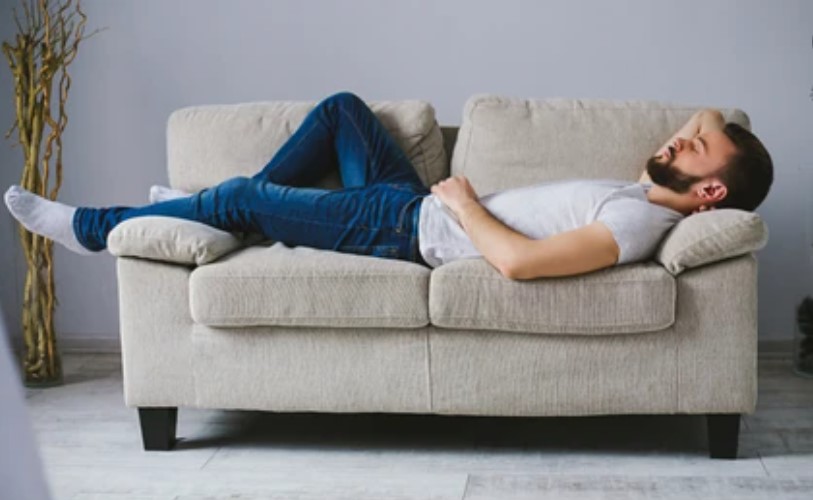When you are exercising, sweating is the main way your body
maintains optimal temperature. The more you exercise and the higher the
temperature around you, the more you will sweat.
You will need to drink fluids during and after exercise to
replace fluids lost in sweat and prevent dehydration.
When you are dehydrated, your exercise performance will
suffer, the exercise will feel much harder, and the risk of heat stress
increases. And you cannot rely on thirst when you are exercising, as you have
usually lost significant fluid before you feel thirsty.

The choice of drink options can be confusing.
You cannot go past plain water, which is all you will need
to replace fluid, especially in low intensity and short duration sports. But if
you are involved in high intensity and endurance sports, a sports drink with
added carbohydrate (often in the form of glucose, sucrose or fructose) and
electrolytes will enhance your performance.
The carbohydrate in these drinks provides a muscle energy
source as well as improving flavour.
Electrolytes such as sodium are lost in sweat and must be
replaced during and after prolonged exercise. Sodium in a drink improves your
fluid intake as it stimulates the thirst mechanism, promotes both carbohydrate
and water intake in the intestines, and reduces the volume of urine produced
after exercise.
And a word of warning about alcohol. It is not a good choice
immediately after exercise. It impairs vital recovery processes and may also
reduce your ability to rehydrate effectively.
Naps are often considered unnecessary but there are many
benefits to getting in a little sleep during the day. Here are five reasons why
a nap may be just what the doctor ordered.

1. Naps may help you live longer.
Research shows a regular nap can lower your blood pressure
and cut your chance of having heart attack in later life. One study found that
a 20-minute nap resulted in an average drop in blood pressure of 5mm Hg –
that’s about the same as a low dose of blood pressure medication.
2. Naps help repair a sleep deficit.
Sleep scientists say for the best physical and mental health
we should aim for between seven and nine hours’ sleep every day. Many of us
don’t get anywhere near this, and a build-up of sleep loss over a few days can
affect us physically, mentally and emotionally. Napping can help plug this gap.
3. Naps improve mood, alertness and energy.
A wealth of research has found that even a short nap can
boost your energy and alertness. Other research suggests naps help improve
emotional regulation and increase your ability to tolerate frustration.
4. Naps improve our ability to learn and remember.
Neuroscientists at the National University of Singapore
reported in the journal Sleep that brief dozes revive the hippocampus,
an area of the brain responsible for forming new memories.
5. Naps can lower your stress levels.
A short sleep during the day can help strengthen your
ability to manage stress, says Psychology Today. Recent research shows
that naps reduce stress and strengthen the immune system in people who are
sleep deprived.